CLOSE
We actively lead and participate in K-12 outreach programs and initiatives to spark young people’s interest in science, technology, engineering, and math (STEM). Through fun and engaging hands-on activities led by our graduate students and postdocs, students explore the impactful work of civil and environmental engineers.
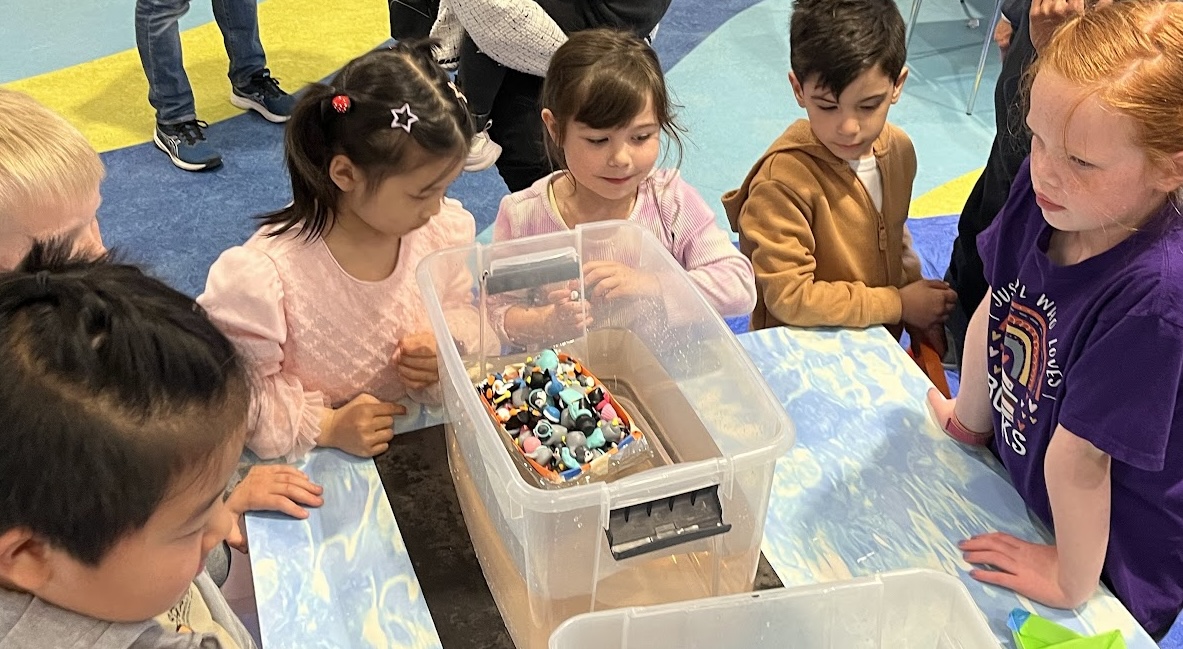
Arctic Architects
The icecaps are melting! Students learn how to construct and design their own floating device to save as many penguins and polar bears as possible. This activity teaches students about climate change and civil engineering. Students build a floating iceberg/boat to hold as many fluffy friends as possible and then the devices are tested on how well they float.

Build a wind turbine
A design-your-own wind turbine activity where students build their own wind turbine blades and test a small model wind turbine in a “wind tunnel.” This activity teaches students about renewable energy engineering. Students are given a variety of materials to construct their turbine blades and then the turbines are tested in a wind tunnel where we can measure the power produced by the turbine.
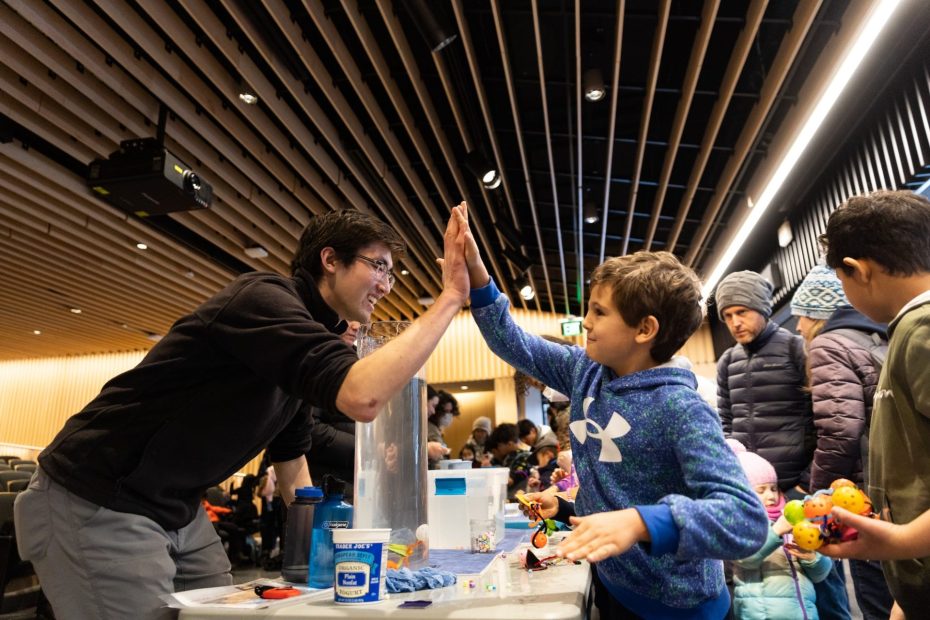
Great Phytoplankton Race
Build your own phytoplankter, “race” for the slowest sinking time. This activity teaches students about marine microbiology as well as engineering and design. Students use craft supplies to build a phytoplankter and test for slow sinking times in small test tanks before racing in a larger tank.
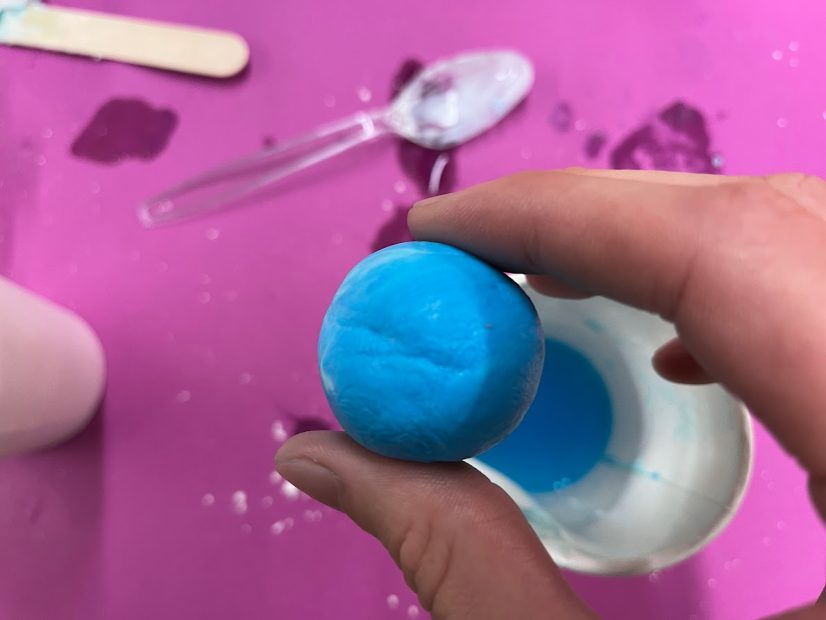
Make your own bouncy ball
Using ingredients found around the house, this hands-on activity teaches students principles in chemistry and chemical reactions. Students learn how to create a new material – their own bouncy ball – from this science experiment.
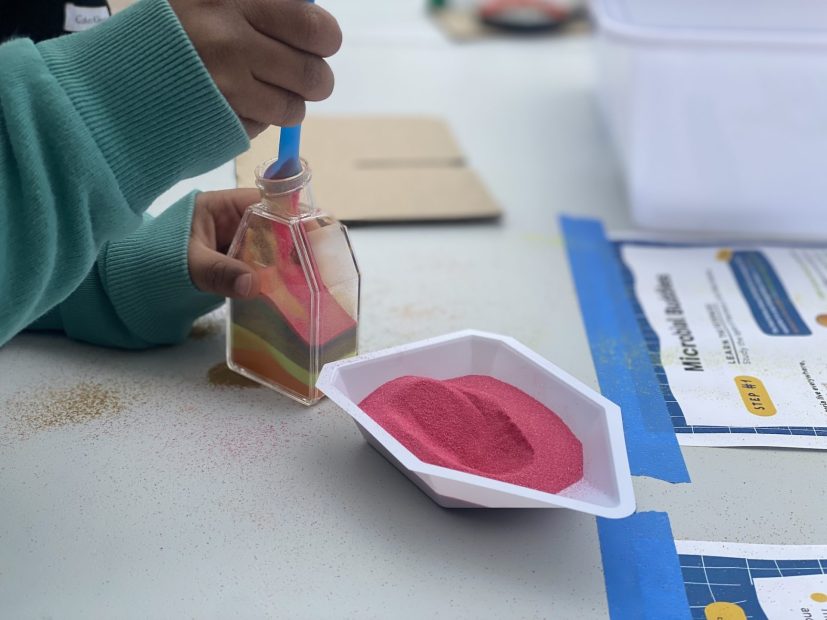
Microbial buddies
This hands-on activity teaches young people about natural microbial communities using craft materials to build their own model of a stable ecosystem in a bottle. Students learn how microbes make energy through their interactions. They explore a sample microbiome made from mud from Little Sippewissett Marsh in Falmouth, MA, and then make their own sand art version.

Let’s heat things up!
Students learn about greenhouse gasses through a game that demonstrates how the sun and greenhouse gasses move through the Earth’s atmosphere and how greenhouse gasses are trapping heat from the sun in the atmosphere.
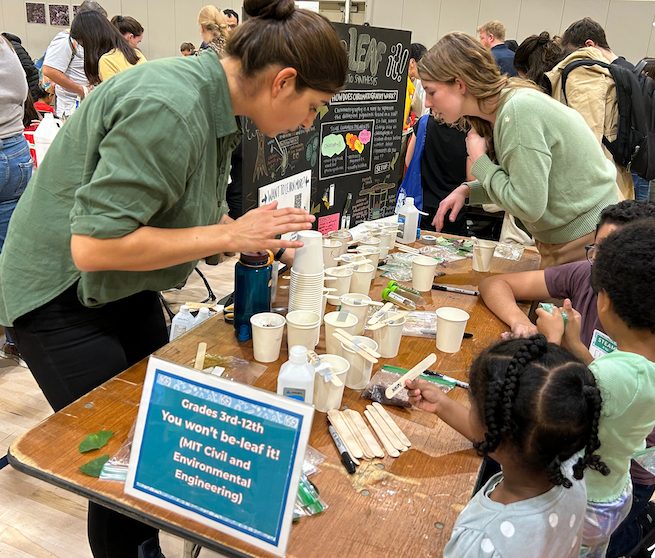
You won’t be-leaf it!
What makes leaves green? Why do leaves change colors? Why are leaves colorful at all? Explore the hidden components of leaves, what photosynthesis is, and how we can look at all the pigments contained in a leaf. We’ll use leaves collected from our backyards to perform leaf chromatography to separate their pigments.
We also participate in the Cambridge Science Festival to host interactive hands-on activities led by our graduate students.
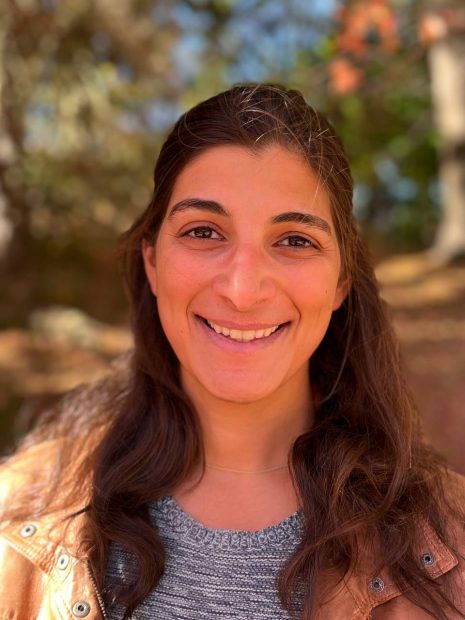
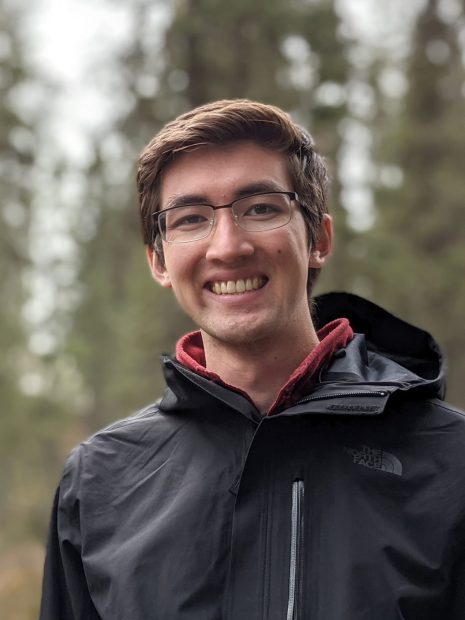
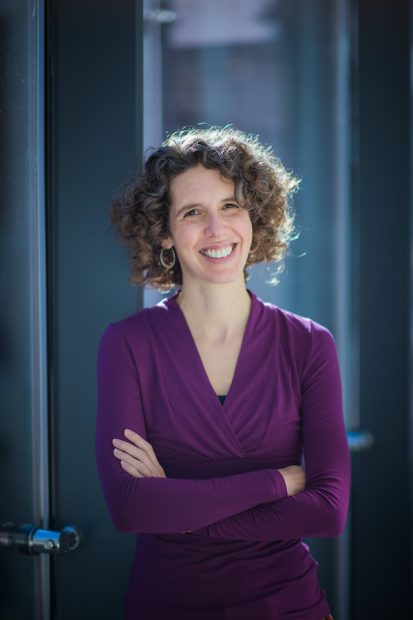

Teachers: Interested in fostering STEM curiosity in your classroom or afterschool program. Fill out our classroom information request form to connect with us.
Visit our events calendar to see where we will be next.